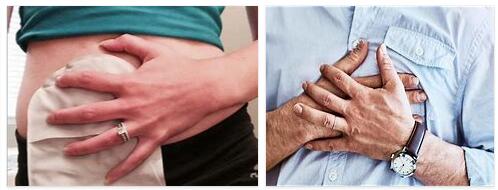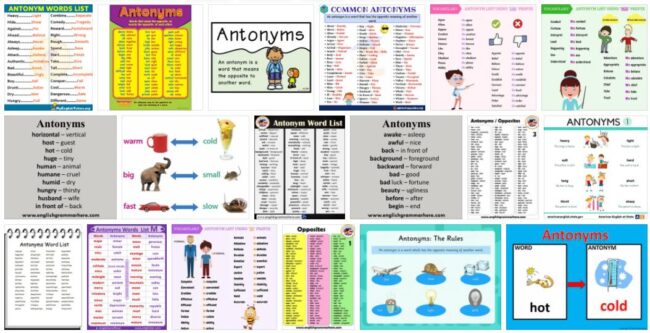Rotten teeth not only look unsightly, they can also affect your health. A rotten tooth is always the result of a tooth decay infection. If left untreated, the disease leads to tooth loss in the long term. Therefore, if you have any suspicions that a tooth may be rotten, you should definitely see a dentist.
- Doctors speak of a rotten tooth when a tooth decay can be observed.
- A rotten tooth is usually noticeable through pain, increased sensitivity, visible discoloration and bad breath.
- Inadequate oral hygiene is considered the most common cause of rotten teeth.
- In the early stages of caries, the affected tooth can be saved with comparatively little effort, which is why those affected should make a doctor’s appointment quickly.
What are the symptoms of rotten teeth?
In the early stages in particular, rotten teeth cannot always be clearly identified. Since a rotten tooth often does not hurt at first, the carious area is usually only noticeable during a routine examination. First of all, white spots form on the tooth surface. A real hole only emerges as the infection progresses. Depending on the position and extent of the caries, further symptoms occur:
- Toothache (sometimes severe)
- Sensitivity of the tooth to heat and cold as well as sweet and sour foods / drinks
- Tenderness when chewing
- Clearly visible yellow, brown or even black discoloration of the affected tooth
- Bad breath
What complaints does a rotten tooth cause?
Rotten teeth can affect wellbeing in a number of ways. Thus leading caries may cause chronic inflammation of the gums , which in turn can develop into periodontitis. In addition, there is a risk that the pathogens can enter the lymphatic system, spread throughout the body and cause inflammation. This can indicate back pain, bladder problems or inflamed joints, for example. Cardiovascular problems can even occur. The psychological effects should not be underestimated if the affected tooth is in the visible area.
- Abbreviationfinder: Find definitions of English word – Atmosphere. Commonly used abbreviations related to word are also included.
What are the causes of rotten teeth?
The most common cause is poor oral hygiene. This leads to the formation of plaque on the teeth, which is an ideal breeding ground for caries bacteria. Diet is also closely related to this. Those who frequently eat high-sugar foods and drinks increase the risk of rotten teeth enormously.
There is also a certain likelihood that tooth decay will form under a tooth filling . The composite material, which is now frequently used, shrinks minimally when it hardens, which can lead to a gap between the filling material and the tooth. Bacteria then settle in this gap. The result is a rotten tooth under the filling or even under the crown.
There are other risk factors for tooth decay, such as a lack of fluoride or a dry mouth. Saliva contributes to the removal of food residues and neutralizes acids. Heartburn and eating disorders also promote the development of rotten teeth, as this causes stomach acid to get into the oral cavity. This attacks the natural protective layer of the teeth.
How is rotten teeth treated?
In the early stages of the disease, a rotten tooth can be restored without any problems. First, the dentist removes the carious tissue under local anesthesia. Then he seals the area with a filling or crown. The earlier the treatment takes place, the more tooth substance is retained. The health insurance companies cover the treatment costs, but they only pay for amalgam fillings . Only in the area of the front teeth does the statutory health insurance cover the costs of a much higher quality plastic filling. If it is no longer possible to save a rotten tooth, the doctor has to pull it out.
What can you do against rotten teeth yourself?
The best prevention against rotten teeth is thorough, regular oral hygiene. Dentists recommend brushing your teeth at least twice a day. Also, pay attention to the spaces in between; these can be easily cleaned with dental floss or an interdental brush. Special fluoride-containing gels and pastes are ideal for the remineralization of the often heavily stressed enamel. In addition, if possible, you should not miss a check-up appointment with your dentist, as he will notice a rotten tooth at an early stage.
It is also advisable to have a professional tooth cleaning (prophylaxis) carried out at regular intervals , during which discolouration is removed in addition to the dental plaque.




